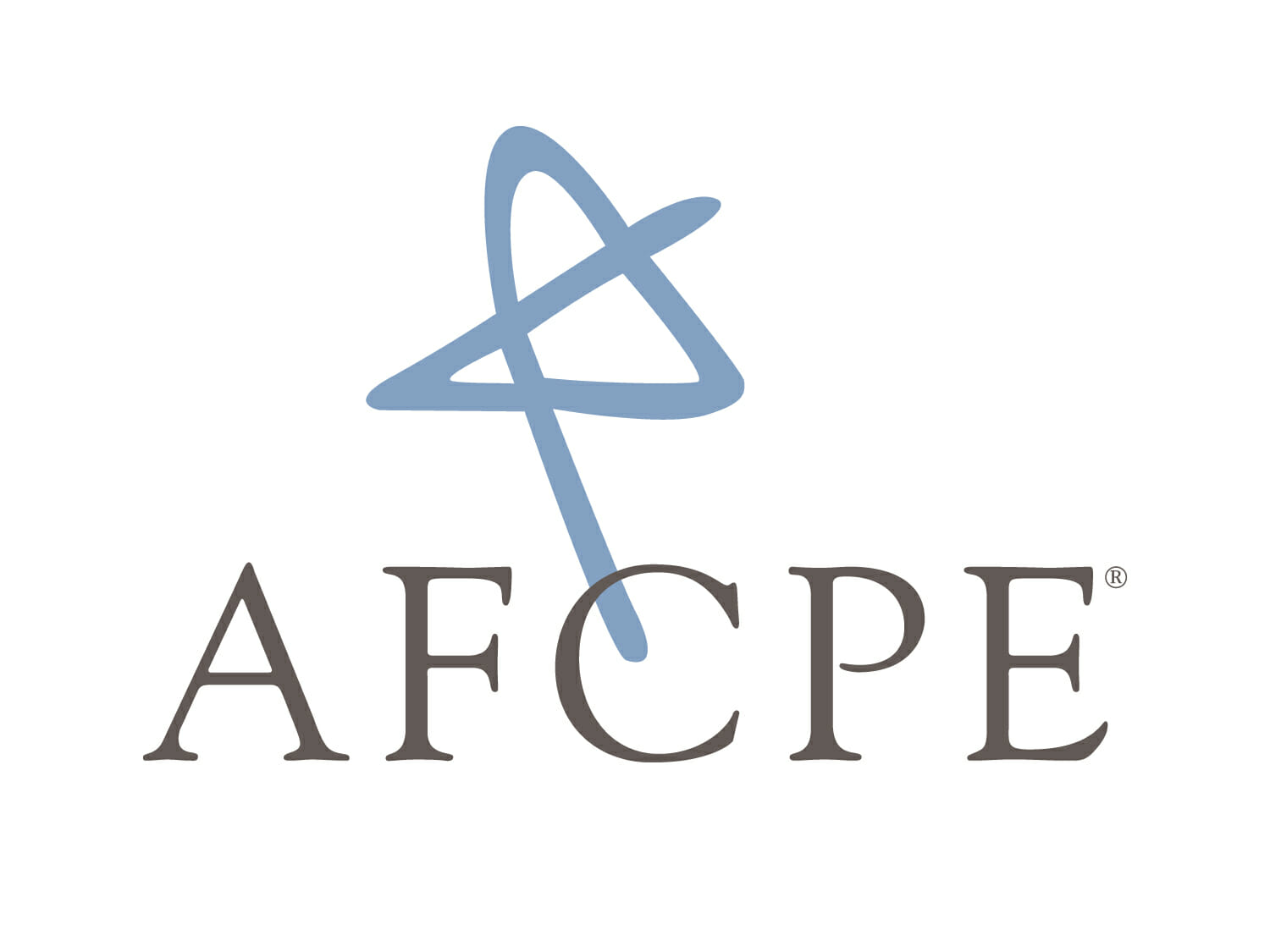Whether working with clients or simply your own family’s budget, one of the first things you need to look at are values. Each person has a set of values. Dictionary.com defines values as: “relative worth, merit, or importance”. Personality, culture, and life experience all affect the creation of our personal and family values, leading -each of us to develop our own unique idea of what is most important in our lives.
Why are values important when looking at our finances? Our values, whether we realize it or not, guide all of our decisions, including our financial decisions. In fact, looking at where money is being spent can shed light on what someone values. If we start by defining what matters most to us, we can then create a financial plan that is workable and truly meets our goals.
When working with clients, I often start by helping them define their values. This is something they may have never stopped to think about before. There are a few ways to do this:
- Look at their spending history.
- Ask open-ended questions to get them to open up and think about the why behind what they are doing and what they want for their future.
- Have them describe their ideal life and future and what their finances look like in that picture.
- Consider their cultural background and their current position in life. Are they single, married, or divorced? Do they have children? Are they in the military? All of these things will play into what they value.
Once we, and our clients, have a good understanding of their values, we can help them create a financial plan that meets their goals. If we skip the step of defining values, we may end up creating a plan that they cannot keep or in the end does not accomplish what they actually want. I had a client once who was spending $300/mo at Starbucks. This couple was deeply in debt and did not have the means to spend this money on coffee each month. At first glance, I just thought this was a ridiculous and thoughtless habit. However, after delving a little deeper into the issue, I came to see that the Starbucks spending was less about coffee and more about having a little treat to brighten up the day. My initial suggestion to buy a fancy coffee maker for their home didn’t meet the actual need, which wasn’t coffee, but a pick-me-up to get through the day. What we did instead was not take Starbucks away altogether, but use a trip to Starbucks as a reward for meeting all of their spending goals for the week. The value of the pick-me-up was met, and we were able to use it to further the objective of getting their budget under control and paying down debt. If I had tried to have them completely give up Starbucks, I am confident they would not have been able to stick with the plan and would have lost motivation to continue with our budgeting process.
Defining values can also help us show our clients where their spending may not be lining up with their values. Maybe they value financial security, but they aren’t putting away enough money for the future. This is another way defining values can be a great launching point to moving clients in the right direction with difficult budget decisions.
In regards to financial planning, another area where we see values play an important role in is in giving. I often see clients who are struggling with debt but believe in tithing first. We have to understand that this is a personal value. Everyone’s values are unique and may differ from our own. Our job as counselors is not to move our clients toward our values, but help them find ways to honor their values while creating a financial plan that is sustainable and meets their needs.
Guest Contributor: Julie Roth, AFC®

Leave a Reply